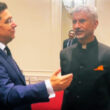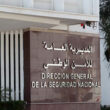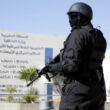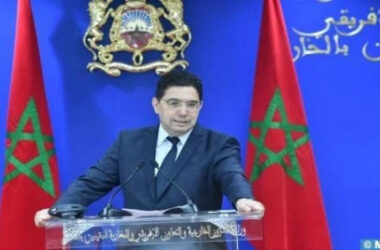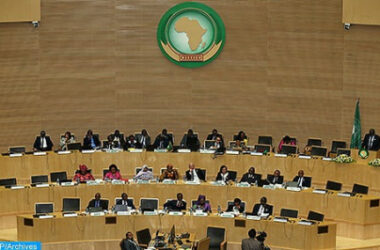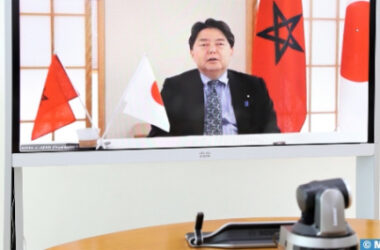Interview by Omar Achy
1 – Moroccan security forces have recently arrested the alleged perpetrators of the intentional homicide with mutilation of the body of a policeman in Casablanca, who are affiliated to Daesh. How do you view Morocco’s strategy to prevent and combat terrorism?
Morocco approaches counterterrorism and counter-radicalization in a more comprehensive manner than most countries by combining security measures, international partnerships, and CVE programs to address socioeconomic factors leading to radicalization. Morocco’s neighbors are home to numerous violent extremist groups which makes the Rabat-based and regionally focused Mohammed VI Institute an important tool by training imams from across West Africa. This multisector strategy is essential to eroding the appeal of violent extremist ideologies and has resulted in a low number of terrorist incidents over the past several years in Morocco.
2 – How would you assess the U.S.-Morocco partnership in the fight against terrorism?
Morocco is one of America’s leading CT partners—a relationship built on respect and trust, information sharing, skill, and because of a long bilateral friendship that began more than two centuries ago. Morocco’s CT approach includes the well-regarded Mohammed VI Institute for the training of imams, mourchidines et mourchidates in Rabat where imams from across Africa are trained.
3- The fight against terrorism has become global because the consequences of this phenomenon are felt everywhere. How do you see Morocco’s contribution at the multilateral level?
Morocco plays a very important role in multilateral CT and CVE bodies, including as co-chair of the Africa Focus Group within the Global Coalition to Defeat ISIS. Morocco plays a broader role in countering violent extremism by serving as a political, cultural, and geographic bridge between North America, Europe, Africa, and the Middle East. The US benefits from Morocco’s position as one of the world’s true pivot points in counterterrorism and CVE.


